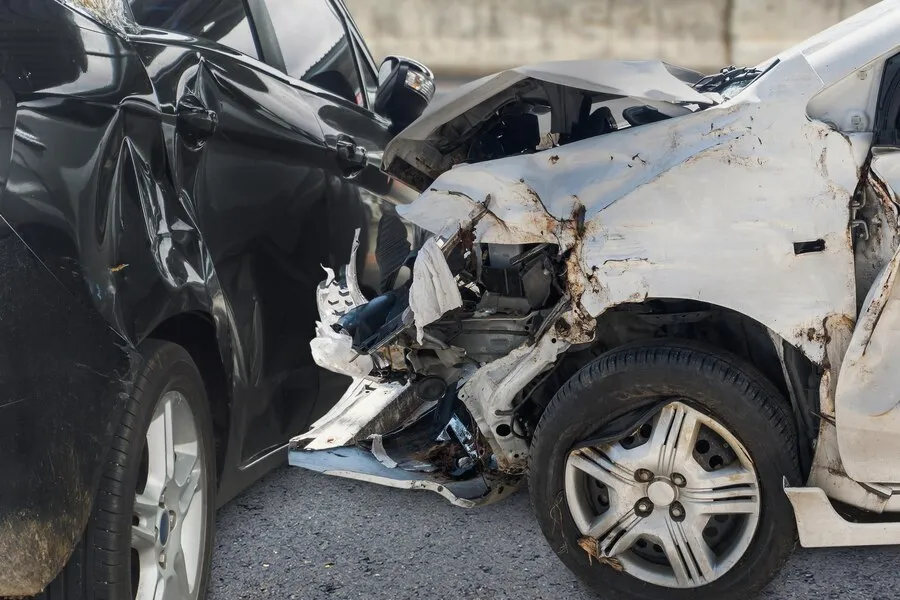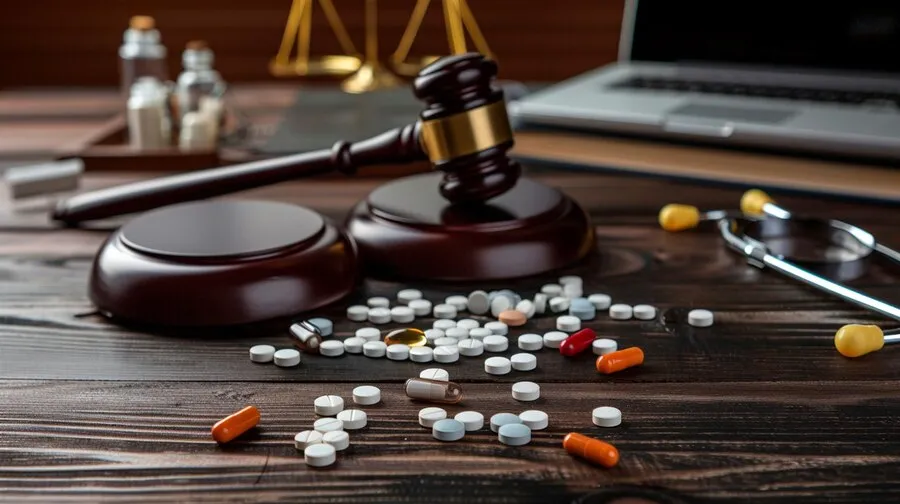Understanding Car Accident Claims
Car accidents in Dallas, Texas, are an unfortunate reality of modern life. Knowing how to maneuver through the claims process in the area can be critical if they arise. Filing a claim aims to secure compensation for damages and injuries sustained during the accident. The process may seem daunting, especially without the guidance of a Dallas car accident law firm. Knowing the basics can make this process smoother and less stressful. Car accidents can disrupt lives and lead to significant emotional, physical, and financial stress. Understanding the claims process can help you better position yourself to achieve a favorable outcome.
Key Steps to Take After an Accident
Adhering to a clear set of steps ensures that you don’t miss vital elements that can strengthen your case:
- Ensure Safety: First and foremost, check if everyone is safe and call emergency services. It guarantees prompt medical care and generates a formal incident report, which could be vital for your case.
- Exchange Information: Collect all parties’ names, contact details, and insurance information. This information is fundamental for any follow-up actions, including insurance claims and potential legal proceedings.
- Document the Scene: It ensures quick medical attention and creates an official incident report that may be crucial for your situation. These visual records can provide irrefutable evidence about the conditions and circumstances of the accident, proving invaluable later on.
- Seek Medical Attention: Certain injuries might not be immediately apparent, and you will need medical records to support your claim.
Taking these steps helps build a solid foundation for your claim and ensures your safety and well-being. Following these guidelines creates a strong base for subsequent legal actions and could significantly ease obtaining fair compensation.
The Role of Evidence in Car Accident Claims
Evidence is a cornerstone of car accident claims. With it, proving liability and damages can be easy. Essential pieces of evidence include:
- Police Reports: These documents often contain crucial information about the accident. They provide an unbiased third-party account and may include details that laypersons overlook.
- Medical Records: They indicate the severity of injuries and the required treatments. Comprehensive medical documentation connects your injuries directly to the accident.
- Witness Statements: Eyewitness accounts can provide an objective perspective on the events. Third-party statements can support your version of events, making your claim stronger.
- Photographic Evidence: Photos and videos of the scene can illustrate the extent of the damage and conditions at the time of the accident. Visual evidence can support other documentation and eyewitness accounts, creating a comprehensive picture of the incident.
Properly gathering and preserving this evidence is crucial. The more thorough and organized you are in collecting this information, the stronger your case will be. Remember that detailed documentation distinguishes between a successful and denied claim.
Common Mistakes to Avoid
Several common mistakes can jeopardize a car accident claim. Being aware of these pitfalls ensures you avoid them, thereby strengthening your case:
- Not Seeking Medical Attention Immediately: Delayed medical treatment can be used to argue that injuries are not related to the accident. Always seek immediate medical attention to document your injuries accurately.
- Admitting Fault at the Scene: Never admit liability, as it could be used against you. Allow the authorities and insurance adjusters to determine Fault based on evidence and reports.
- Failing to Report the Accident: Notify both the police and your insurance provider regarding the accident. Failure to report can result in the denial of claims or reduced compensation.
Avoiding these common errors helps create a robust and defensible claim. Approaching the situation methodically maximizes your chances of receiving fair compensation.
Also Read: Support Strategies for Coping with PTSD Following a Car Accident
The Importance of Legal Assistance
Hiring an attorney can be one of your best decisions after a car accident. Legal professionals assist in navigating the intricate legal terrain and guarantee fair compensation for you. Lawyers are adept at communicating with insurance firms, collecting and showcasing proof, and representing you legally if needed.
A seasoned attorney can evaluate the true worth of your claim by considering various factors like medical costs, income loss, and emotional distress. This comprehensive approach ensures you are well-rested and receive the compensation you deserve.
Insurance Companies: Friend or Foe?
Dealing with insurance companies can be challenging. While they may seem helpful, their primary goal is to minimize payouts. Understanding your rights and considering legal advice when negotiating with insurers is essential. Insurance companies employ adjusters who pay as little as possible on claims, making it crucial to be well-prepared. Having the ability to manage interactions with insurance companies can significantly impact the settlement offer you are given. Always keep communication professional and detailed, and avoid making statements that could be misinterpreted. Please seek advice from your lawyer before accepting any agreements to ensure they are reasonable and equitable.
Frequently Asked Questions
What should I do immediately after a car accident?
Ensure safety, call emergency services, and gather essential information. Documenting the scene and seeking medical attention should also be immediate priorities.
How substantial is evidence in a car accident claim?
Very important. Evidence such as photos, witness statements, and police reports can substantially support your claim, providing a clear, factual account of the incident.
Why should I consider legal assistance?
Lawyers can assist you in maneuvering through the intricacies of the legal system and guaranteeing just compensation. They bring expertise, negotiation skills, and an understanding of the total value of your claim.






